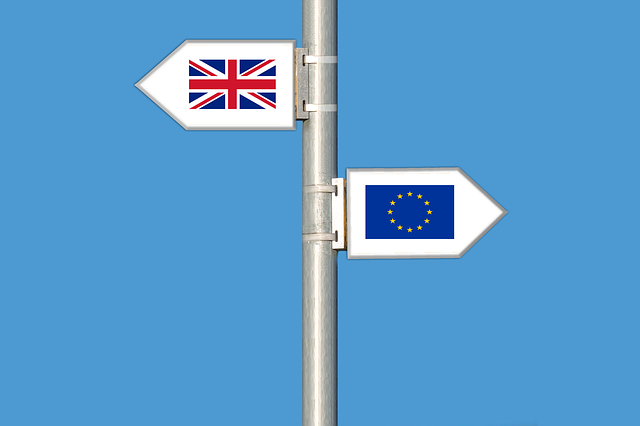How will the UK financial sector cope with Brexit?
Guest post by Ben Barlow
The UK made political history on June 23rd 2016, by becoming the first country to vote to leave the European Union. This followed years of debate and campaigning across the nation, yet the referendum result still took a lot of people by surprise and rocked the global financial markets.
Many traders and investors weren’t prepared for the Brexit, and since the result came out a lot has changed in the markets. ETF Trading has been one of the main areas to be hit, with the uncertainty it has provided presenting a number of investment challenges and opportunities. If you trade or are interested in trading ETFs, then knowing how the market is affected by the UK’s impending EU exit is essential.
The Immediate Impact
There were massively volatile swings across financial markets in the sudden aftermath of the UK’s vote to leave the EU. It resulted in one of the busiest days on record for ETF traders, as many were surprised by the result and were quick to change their positions. Of course it was mainly for those with links to the UK markets, so the FTSE 100 index, UK financial stocks, sterling and gold all saw a huge increase in trading volumes.
For example, in Europe $4.5 billion iShares ETFs changed hands the day after the referendum, compared to May’s average daily trading volumes of $1.3 billion. ETF trading was also incredibly busy as investors sought out ways to move into safer asset classes, with some even reporting worries that Euroscepticism would rise and affect the wider European markets.
ETF Performances
Unsurprisingly, due to most investors taking no chances and opting for safe havens rather than risking it, ETFs tied to Europe are the ones whose performances have suffered. The Vanguard FTSE Europe ETF (VGK) dropped 11.3%, while the WisdomTree Europe Hedged Equity Fund (HEDJ) was down by 8.8% the day after the referendum.
Even some ETFs in America were affected by the vote. The SPDR S&P 500 ETF was down by 3.6% for the day, and some futures by over 5%. However, the US market is largely insulated against Europe, so this may have just been a brief blip. Only if economic problems become worse in Europe over time will the US become affected.
GBP Currency Value
Currency value is interlinked with trading ETFs. Ahead of the UK referendum to decide on EU membership, the pound had weakened somewhat as a lot of traders and investors opted for safe haven currencies in the event of a Brexit. This proved a wise move given the results, especially as GBP has fallen since.
The currency markets have been hit a lot worse than ETF trading. British stocks haven’t been hit anywhere near as hard in the immediate aftermath of the vote, with most of the losses traders and investors have made coming through currency. In retaliation to GBP value falling rapidly, the US Dollar and safe haven of the Japanese Yen, have both had significant gains in the past couple of weeks.
The central Bank of England may have to respond with some form of action if things do not improve over time. At the moment they seem to be waiting in order to work out whether it is just a temporary dip in value or is likely to be a permanent change.
Future Changes
Despite the initial flurry of activity regarding ETF trading once the result of the UK referendum was announced, things have quietened down a fair bit since. Generally, when markets become highly volatile, ETFs are the place to go for investors, as trading risk-on or risk-off options are desirable.
However, since then the ETF market hasn’t been as busy as some experts would have predicted. Despite the result being a surprise to many, recent trends seem to imply that investors don’t feel the impact will be as negative as some predict. Based on these trends, ETF traders look like they’re ignoring the negative effect Brexit has had on currency and other markets even.
Only time will tell as to whether high market volatility returns. The process of the UK’s actual exit from the EU will only begin once Article 50 has been triggered, which looks unlikely to occur until October at least. Then it could take two years before it is complete, leading for plenty more unpredictability in global finances.
Trading Opportunities
For ETF traders, the Brexit has presented a few opportunities due to various changes. Gold was the main winner, as a popular safe haven, experiencing its largest daily increase since 2008’s financial crash.
Financial sector ETFs were some of the biggest losers understandably, but a resurgence could be on the cards, offering a great opportunity for traders. Depending on how the actual exit goes this could all change still, with plenty of uncertainty surrounding the UK and Europe’s financial future. Consider the changes and use them to your advantage when investing in and trading ETFs in the coming months.






